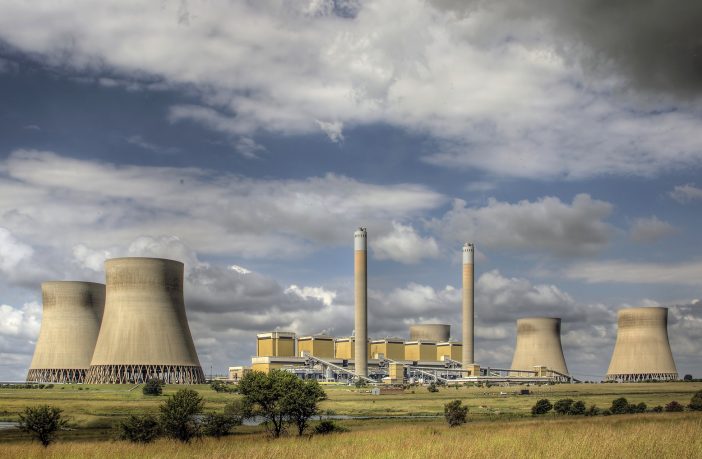South Africa’s Environment Minister, Barbara Creecy, has rejected Eskom’s objection to and confirmed the compliance notice issued to Eskom in December 2019 by the Department of Environment, Forestry and Fisheries (DEFF) to Eskom in relation its troubled Kendal power station.
Minister Creecy has ordered the following, inter alia:
- that, within 30 days of the decision, Eskom must stop operations at either unit 1 or 5 until DEFF agrees that its operation may commence. During this period, Eskom must carry out the required maintenance on one unit at a time to ensure compliance with its air emission licence; and
- that within 60 days of the decision, for units 2, 3, 4, and 6, Eskom must submit a plan of action (prepared by a suitable independent expert) outlining measures and timeframes to ensure these units comply with the licence.
In her decision, the Minister states that she is “mindful of the fact that failure to take action to bring [Kendal] back into compliance … will continue to present serious environmental impacts and health threats to the affected communities.” In conclusion, the Minister refers to section 31N of the National Environmental Management Act, 1998, which allows her to revoke Kendal’s licence, if it does not comply with the above orders – meaning, Kendal would not be permitted to operate.
“Although Minister Creecy’s decision gives Eskom more time to comply, her decision sends an important signal to Eskom that the dangerous health impacts of its emissions are unacceptable,” says Thomas Mnnguni, groundWork’s Community Campaigner
On 28 April and 14 May 2020, NGOs presented Minister Creecy with new evidence that showed that emissions from Kendal power station alone were responsible for as many as 274 early deaths between November 2018 and October 2019. From April 2016 to March 2020, Eskom had more than 2800 exceedances of the particulate matter limits in its atmospheric emission licence.
“Kendal is just one of Eskom’s power stations, and not even one of its older plants – Eskom currently plans to operate this plant until 2044”, says Mnguni. “Eskom’s complete inability to comply with its permit conditions at this plant, despite the fatal consequences for the people of the Highveld, demonstrates why Eskom’s dirty, non-compliant coal plants cannot be part of a Just Transition or a Just Recovery from COVID-19.”
Eskom has also recently indicated that it is investigating extending the lives of some of its oldest coal power plants – Hendrina, Arnot and Grootvlei – to 2030, and that it wanted the World Bank to amend the terms of its loan to Eskom to avoid having to retrofit flue gas desulphurisation technology (FGD) to limit its sulphur dioxide emissions at Medupi. Under the loan agreement, Eskom had to have this retrofit completed by March 2018, but, to date, it has not even commenced this process on the first unit at Medupi.
“Poisonous coal power plants must be shut down sooner rather than later, in a fair process that fully involves all coal workers and communities, and urgently replaced with much cleaner, cheaper renewable power,” says Timothy Lloyd, attorney at the Centre for Environmental Rights.
“Eskom’s ongoing attempts to dodge legal compliance will continue to be met with fierce opposition, including litigation,” says Bobby Peek, director at groundWork.
Author: Bryan Groenendaal
Source: CER











